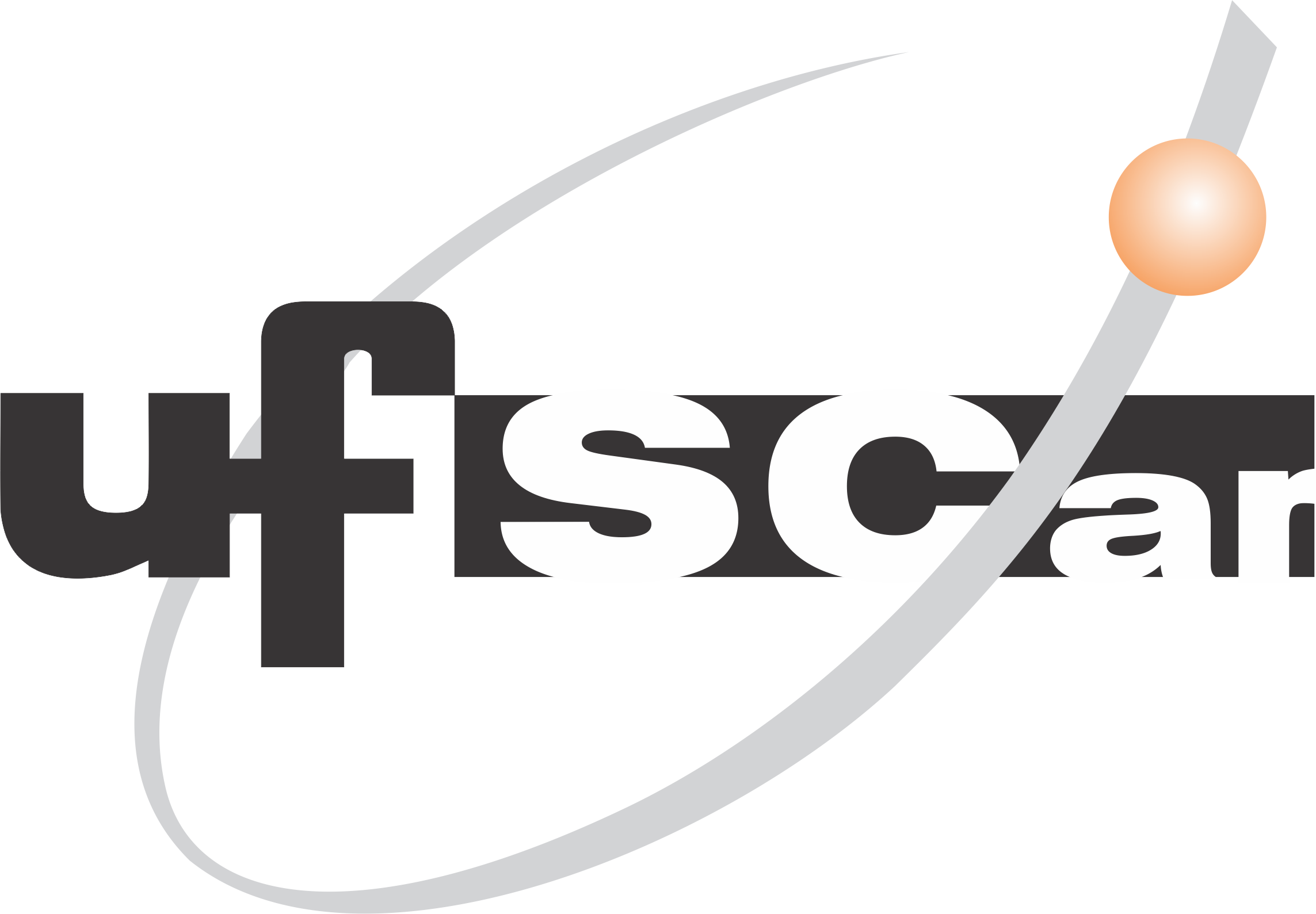Ink, the Spoken Word in Oral Tradition, and Writing in Indigenous Languages
Keywords:
Indigenous rights, decolonization, cultural preservationAbstract
Indigenous peoples in Brazil employ diverse strategies—from digital activism to cultural revitalization—to combat historical marginalization and assert their rights. Through community media, linguistic preservation, and political mobilization, they challenge dominant narratives while protecting traditional knowledge and territories. Cases like Panama’s Kuna people demonstrate how technology can amplify Indigenous voices without eroding cultural identity, turning art like the Mola into nationally recognized heritage. In Brazil, initiatives such as Indigenous Games and literature reflect this dual engagement with tradition and innovation. However, threats persist, including intellectual property violations, environmental destruction, and systemic discrimination, as seen in crises like the suicides in Mato Grosso do Sul. The text argues for Indigenous-led public policies that bridge ancestral wisdom and modern tools, emphasizing education and media as key to self-representation. By centering Indigenous cosmologies in dialogues about development, Brazil can address historical inequities and foster a pluralistic society where Indigenous knowledge is valued as a collective contribution rather than appropriated or erased.









